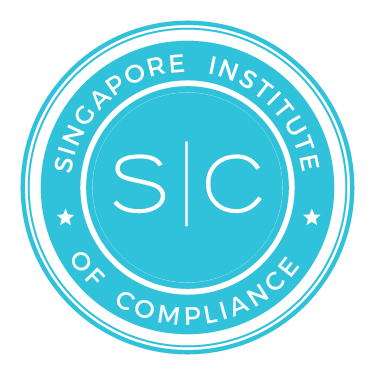Financial Action Task Force (FATF)
The Financial Action Task Force or FATF is an inter-governmental policy making body
mandated to establish international standards
for combating money laundering and terrorism financing.
COUNTRIES
ASSOCIATE MEMBERS
OBSERVER MEMBERS
Established in
FATF has issued 40 recommendations and 7 special recommendations covering 3 key areas
CUSTOMER DUE DILIGENCE
About SIOC
We were set up in 2015 to promote the adoption of FATF recommendations with regards to compliance to Anti-Money Laundering measures & countering Financing of Terrorism. We provide the following:
- Preparation and implementation of Internal Policies, Procedure and Controls
- Internal and External Compliance Audit Reviews
- Compliance support and background checks
- Compliance training for Professional Firms and Trainers
Contact Us



